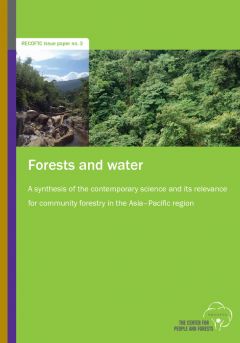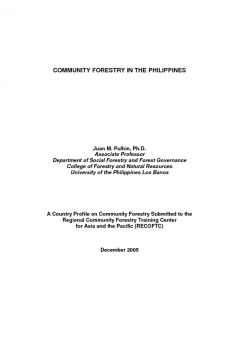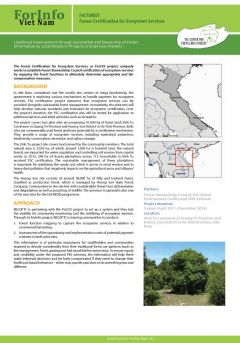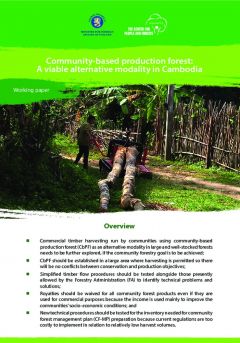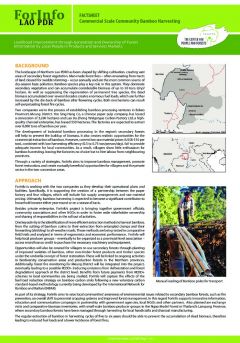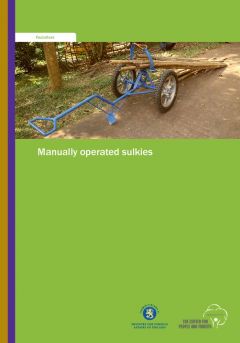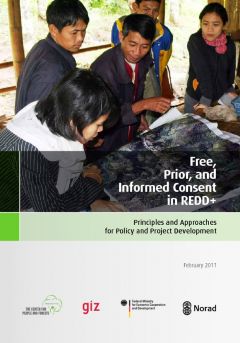Forests and Water: A Synthesis of the Contemporary Science and its Relevance for Community Forestry in the Asia–Pacific region
There is now a solid body of scientific information for understanding and interpreting the relationships between forests and water in both temperate and tropical regions. However, there is also a parallel and deeply entrenched “popular narrative” that often runs counter to the consensus views of the forest hydrology scientific community. This paper thus summarizes the key aspects of the scientific consensus that are particularly relevant for community forestry and points the way to relevant literature for anyone wanting to follow up on specific topics.

